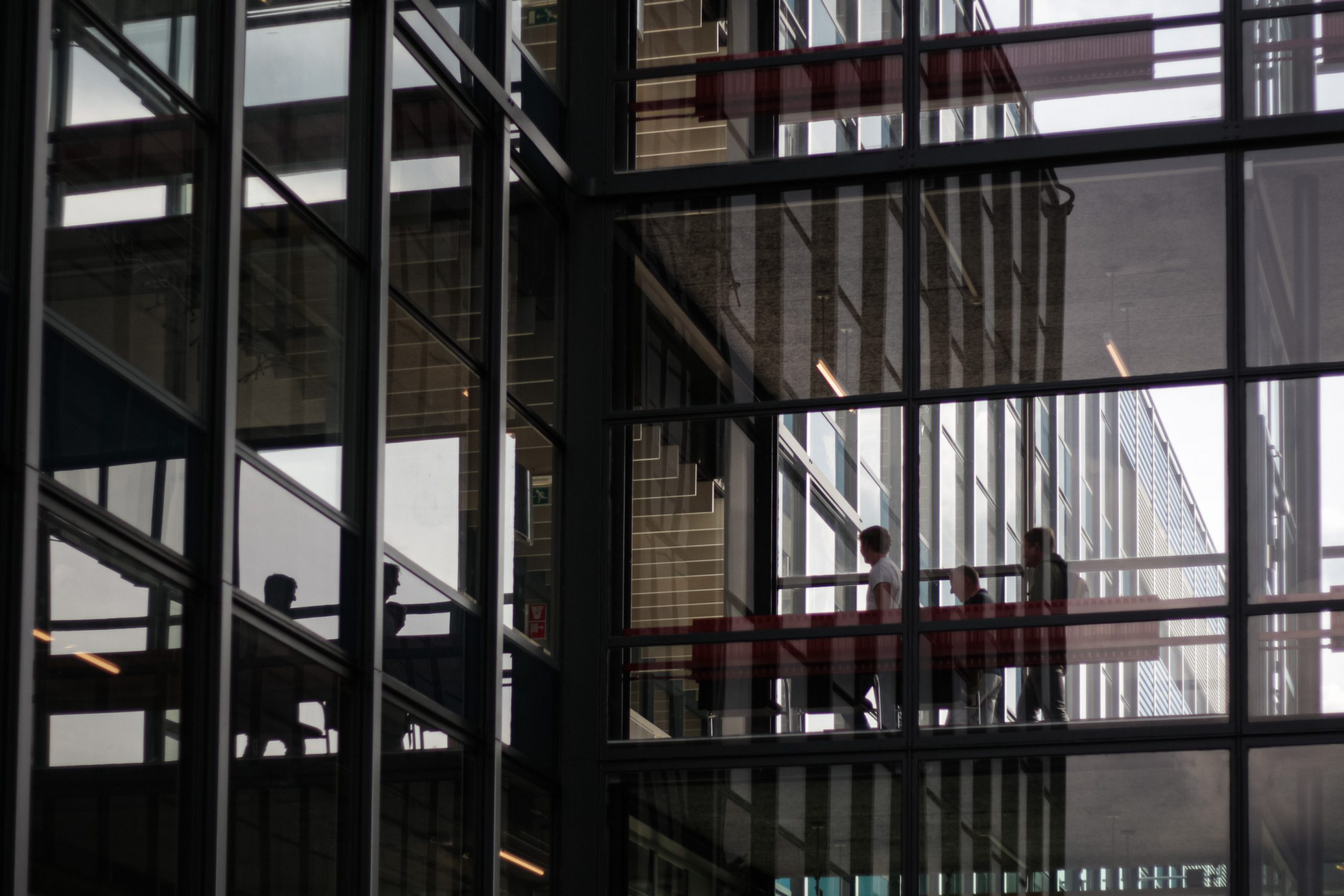TU Delft is ‘determined’ to bring the Inspectorate of Education to court for its ‘defective investigation’. The Inspectorate is confident that its report will survive this test. In the meantime, the outgoing Minister of Education Dijkgraaf has informed the House of Representatives of his plan of action.
(Photo: Justyna Botor)
TU Delft made the Inspectorate’s report public itself on Friday 1 March. In its report, the Inspectorate had concluded that the higher echelons of TU Delft were negligent in ensuring social safety ‘to a serious degree’ and that there was mismanagement. This is the most severe evaluation that the Inspectorate can give a university, and this is the first time it does so.
Court case
TU Delft is in complete disagreement and is thus ‘determined’ to go to court, though a spokesperson says that this in not yet a final decision. In doing so, TU Delft wants to have ‘the legitimacy of the Inspectorate’s investigation (and thus the conclusions)’ checked. It says that taking this step is not only in its own interest, but also that ‘for the whole academic and higher education sector as this will help create the desired policy and its evaluation’.
We trust that our investigation will get through the court’s examination
“TU Delft is entirely free to do this,” was the response of Daan Jansen, the Inspectorate’s spokesperson. He says that the Inspectorate is confident should the case go to civil court. “If we had not had the confidence that our report is properly substantiated, we would not have written it. We trust that our investigation will get through the court’s examination.”
Intimidation, sexism and discrimination
Between December 2022 and November 2023, the Inspectorate carried out an investigation into transgressive behaviour at TU Delft. In the resulting report, the investigators talk about issues such as intimidation, racism and a culture of fear. They allege that employees are afraid to express their opinions and to address each other on behaviour.
The Inspectorate categorises various types of socially unsafe behaviour that emerged from the 148 reports it received. The inspectors link some of them to more than one categories. They add that these terms ‘do not directly’ say anything ‘about the seriousness of the socially unsafe situation’. It is also not clear what the people lodging reports have experienced.
- Intimidation was the most reported incident, with 81 people reporting it. They refer to occurrences such as shouting, abuse of power, unwelcome comments, or an oppressive atmosphere.
- 53 reports stated a lack of leadership. According to the Inspectorate, some supervisors are wary about taking action and prefer to keep the peace instead of solving problems. This then exacerbates the situation, it says, as the supervisor is actually taking the side of the person causing the problem.
- Exclusion was stated 38 times in the reports. This refers to exclusion from certain tasks or authority because of disagreement about another issue, but it also refers to social exclusion.
- Sexism is reported 23 times and is always targetted at women. Examples include stereotyping, sexist comments, and presumptions.
- Sexual intimidation appeared in 21 reports. This refers to unwanted intimacy, sexual remarks, undesirable advances, flirting and an environment which does not or does not sufficiently respond.
- Integrity violation was stated 20 times. Examples are financial integrity violations, PhD candidates pressured into adding the names of people to articles who were not part of a project, and breaking leave, financial or Covid rules.
- Gossip was stated 19 times.
- Racism was stated 16 times. This mostly concerns discrimination based on heritage, such as ‘verbal aggression in which assumptions were made about cultural differences and their impact on performance and values’.
- Bullying was stated 15 times and covered things like belittling remarks, threats and personal attacks.
On Friday, at the same time as the Inspectorate’s report was put online early, TU Delft also issued its position. In this, TU Delft talks about an ‘improper investigation’ and a ‘big steps fast home report’.
Self-reflection
In line with the legal timing of three weeks after adoption, the Inspectorate of Education was planning to publish the report on Wednesday 6 March. Spokesperson Jansen says that TU Delft ‘is free’ to choose to make it public before that. “The most important thing is that our findings are taken seriously and that everyone affected at TU Delft reflect on them. In the end, our concern is the staff and that they have a safe working environment. This in turn leads to good education and research.”
The most important thing is that our findings are taken seriously
The outgoing Minister of Education, Robert Dijkgraaf, will meet with the Supervisory Board. He wants to be sure that TU Delft carries out the advice of the Inspectorate in all seriousness. In a letter to the House of Representatives on 1 March, he writes that the social safety of TU Delft’s staff ‘must be objectively and demonstrably improved’. ‘TU Delft itself is in control of the means to do this’.
Dijkgraaf says that whether he will intervene or not ‘in part depends on the way in which TU Delft’s Supervisory Board and Executive Board handle the issues laid out by the Inspectorate’. The Minister can give the Supervisory Board a direction, though the Board can challenge this. In the worst case, the Minister can close the funding stream to TU Delft.
In three months’ time, the Inspectorate will check if TU Delft has compiled an action plan as was ordered. A new investigation will be done in one year to see if the requested self-reflection has led to actual ‘results which are helping TU Delft employees’. Jansen says that “In the meantime, we will keep track of the situation”.
- Delta is looking for current and former TU Delft employees who are willing to share their experiences. This can be done anonymously if preferred. Email tudelta@protonmail.com.
Do you have a question or comment about this article?
a.m.debruijn@tudelft.nl


Comments are closed.